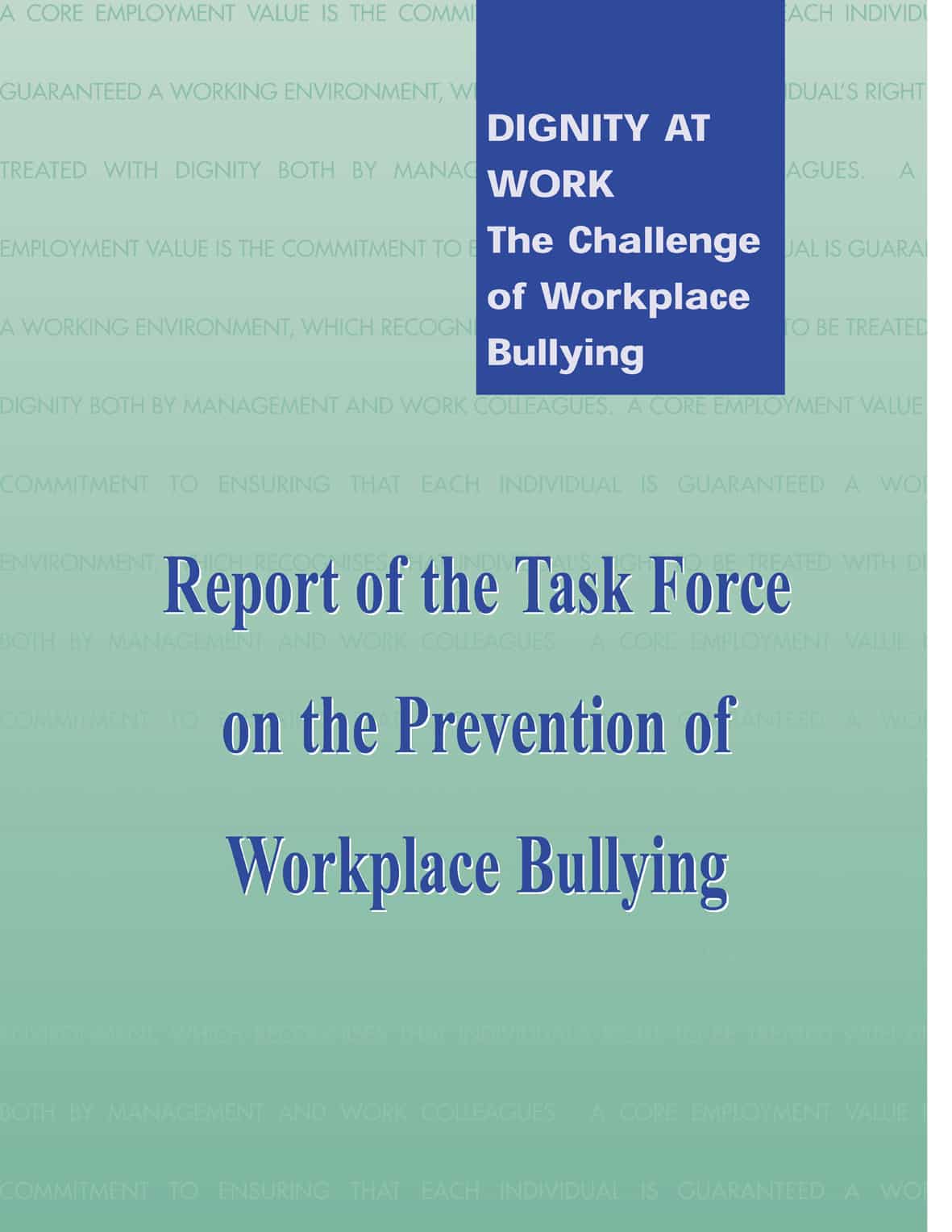Often immediately following an incident, the safety manager receives a brief phone call “There’s been an accident.” Information is scarce and, in my experience, often wrong or more fairly inadequate. in OHS there will always be an assumption that an injury or death is work-related as that is our patch but people die every day and they can die anywhere, even in your workplace. Is this a workplace incident? Yes. Is it an occupational incident? not necessarily.
It is vital in those first moments of confusion and panic, not to jump to conclusions and rush out to the incident site. If it is your responsibility you will become involved but often, by asking a few simple questions, you are able to avoid this confusion and avoid worsening the situation by “butting in” where you are not needed.
I was reminded of this when reading about a coronial inquest into two suicides that occurred at an Australian shooting range in October 2008. These two incidents occurred at a workplace but not from work-related activities. There may have been some workplace management issues that, in hindsight, relate to supervision or security but these are the type of issues that the Coroner will investigate.
The deaths are reportable to the OHS regulators as they occurred on a workplace but it is unlikely that the regulator will put a lot of resources into the investigation given the Police and Coroner are investigating.


 Through
Through